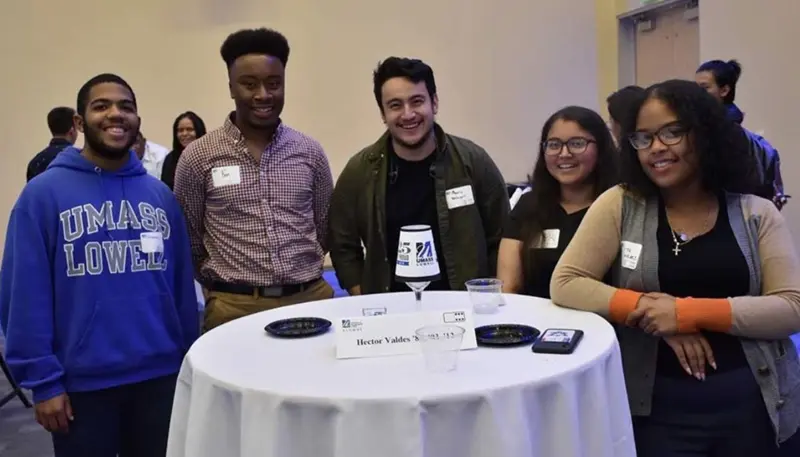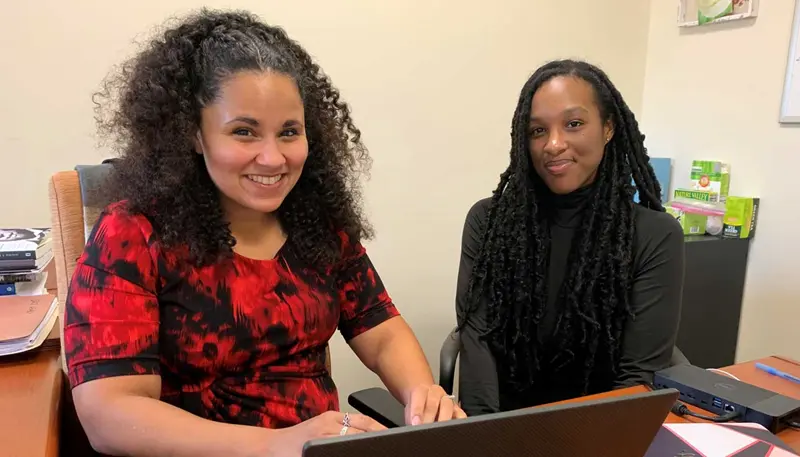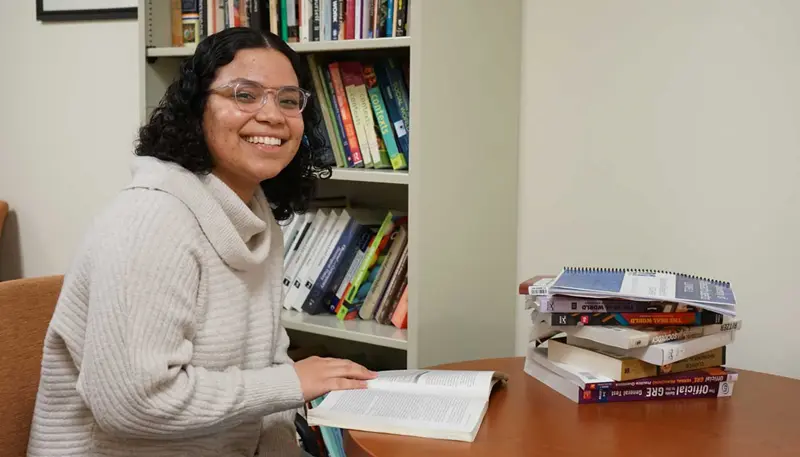What courses will you take?

Our B.A. in Sociology curriculum is designed to help you understand society's effect on people and people's effect on society, based on a social justice perspective.
You will take courses that explore our social world and examine issues surrounding class, gender, sexuality, race, and physical ability, with a focus on inequalities. Across your coursework, you will develop career-ready skills in writing, research and quantitative literacy.
As a sociology major, you can choose between three degree concentrations, which lead to a wide range of career opportunities.
- General Concentration — Gain a critical perspective based in social justice. Course topics include the dynamics of social problems and policy, gender and race inequalities, immigrant communities, the social inclusion of people with disabilities, families and youth, and homelessness and food insecurity. You will graduate prepared to enter careers in policy, government, human services, social work, law and teaching. Courses for General Concentration
- Policy and Social Problems Concentration— Learn how to apply the analytical tools of sociological thinking to social problems and their solutions. Courses combine practice in analysis of specific social problems with examining the responses to these problems by both government and community actors. You will gain experience working with community organizations and local leaders across a range of fields, including immigrant services, environmental policy, youth services, gender-based organizations, education, and more. Courses for Policy and Social Problems Concentration
- Racial Equity and Inclusion Concentration — Deepen your understanding of racial oppression and intersectionality and acquire the tools to facilitate racial equity and inclusion. Courses cover how racial oppression functions at the institutional level and how people of color and allies have mobilized to identify, alleviate and eradicate structural racism. You’ll graduate equipped to analyze how race, class, gender, ability, sexual orientation, citizenship and other inequalities intersect in distinct ways that shape one’s racialized experiences and access to valuable resources in American society. Courses for Racial Equity and Inclusion Concentration
Throughout your courses, you can choose service-learning and internship opportunities to explore careers and practice professional skills while serving the local community. In your senior year, you may also choose the thesis option that involves advanced reading, research and analysis in selected topics in sociology.
Visit the Academic Catalog for a complete course listing and to learn about the sociology minor.









